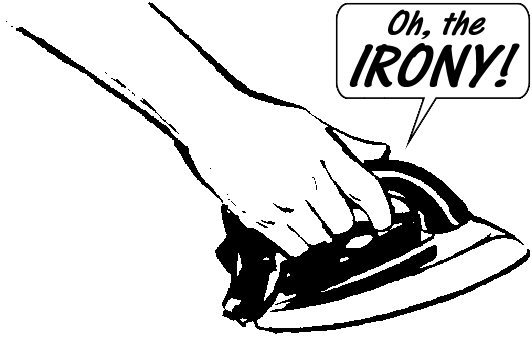With being from a small rural area in-between Baltimore City and Annapolis, Maryland, I have been exposed to the balancing affects of education and strong/weak literacy.
Foremost, I can safely say that while my elementary education was not the best, I still was able to learn the essential subjects and continue, as best as possible, through middle and high school. But during those middle and high school years, I significantly was reminded by my surrounding peers of which of us had a stronger will power to read and write. I had to teach myself the value of reading, studying and writing papers. While my parents were always there with open arms to help, I never wanted to disappoint them into thinking I was not as smart as I should be.
I should note that my parents were always there as a positive reinforcement. From an early age, they always encouraged me to read and even read to me as a child to instill this. Even though I am not a parent, I can see that my parents were doing everything possible to help me grow and succeed in school. I do not feel that it was the job of my parents to sit down and teach me study habits, how to actively read, or to write papers. I feel this was significantly the responsibility of the Anne Arundel County Public School system.
Upon looking back now, my elementary education consisted of nothing but lazy teachers passing out busy work and giving poor lessons the majority of the time. Ironically, those same teachers only put forth the effort to teach us students how to read & write effectively when the MSPAP (Maryland School Performance Assessment Program) test was given. By late middle and early high school, I had recuperated what I had not been taught in elementary school and continued my education more successfully than before. My teachers also dramatically changed. Instead of teachers who merely came to school for a paycheck, waiting for the bell to end school, I had teachers who cared. Caring individuals who knew what they were teaching and would take the time to understand I was not reaching my full potential and encourage me, help me, teach me.
Although I do not believe I benefited to the fullest degree with my early education, I could see I fell in the average around my area. With Baltimore City to the north and Annapolis to the south, I constantly had the reminder of what was wrong with the education system. If my elementary school let students "fall through the cracks" and did not properly teach them, then I could assume that schools in neighboring counties or areas had the same issue.
With that said, in previous years Baltimore City schools have had many instances of low testing scores, passing and graduations rates. Meanwhile, the Annapolis area have predominantly stayed on the higher end when it comes to each of these categories. It is best to point out, that here is where economics quite possibly play an underlying factor.
Baltimore City households average $30,078 salaries, while Annapolis households average $49,243 salaries. (NOTE: It is approximately 29.10 miles from Baltimore City to Annapolis) Moreover, Annapolis offers many schooling options, more private than public. Baltimore City on the other hand offers more public than private school options. Given this data, and the inverse relationship based on each city, I do not feel Baltimore City children and teenagers receive an equal education that a student in Annapolis might be given. Not to mention, the opportunities for such an education as decreased because of available monetary resources per household. Aside from that, many who have read Keith Gilyard's "Voices of the Self" can realize the implications of being an inner-city student trying to obtain an education.
Given my own experience and also what I have seen through an economic standpoint, I can only believe there are very many short comings when it comes to students being educated fairly. I can assuredly say, I see and believe students in a more enriched economic level are given the opportunity for more successful rather than a inner-city student with low income. (
Yes, social issues also play a key-role and were left out of this simply because of our exposure to Keith Gilyard's Voices of the Self)
I know this post does not have all the answers or relationships between inner-city and out of city schools, but it simply touches on some of issues I have seen throughout my life. I'm very interested to see if anybody has had the same issues or can relate anything like this.
----
Lastly, I recently discovered that in Baltimore City there is almost $15 million worth of budget towards education that is possibly going to be cut. To me, this is just another example of how inner-city education is being left behind.
http://www.youtube.com/watch?v=Ik4wo1hvB9E
-----
U.S. Census Bureau. U.S. Census Bureau. N.p., 2008. Web. 26 Feb. 2011. Path: http://factfinder.census.gov/servlet/ADPTable?_bm=y&-geo_id=16000US2404000&-qr_name=ACS_2008_3YR_G00_DP3YR2&-context=adp&-ds_name=&-tree_id=3307&-_lang=en&-redoLog=true&-format=.
U.S. Census Bureau. U.S. Census Bureau. N.p., 2008. Web. 26 Feb. 2011. Path: http://factfinder.census.gov/servlet/ADPTable?_bm=y&-geo_id=16000US2401600&-qr_name=ACS_2007_3YR_G00_DP3YR2&-context=adp&-ds_name=&-tree_id=3307&-_lang=en&-redoLog=false&-format=.


